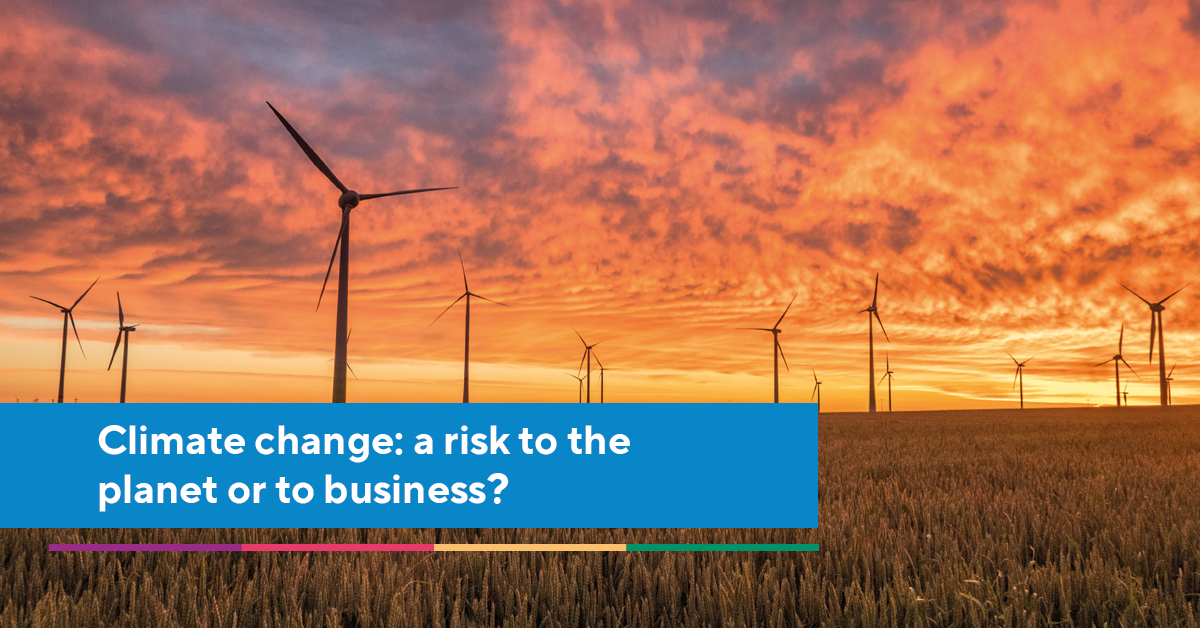Supply chain issues continue to be a problem in many sectors, whether driven by Covid, inflation, the war in Ukraine, and/or the fuel crisis, as well as climate issues (which are less often reported).
At the recent East Midlands Chamber Manufacturing Conference, research was shared from Infor and MakeUK, revealing that 93% of surveyed manufacturers believe that supply chain pressures are set to continue into 2024. When considering business risks in general, supply chain risk was ranked as the #1 issue.
However, in the same survey, environmental risks were low on the list, cited by only 6% of companies. This indicates a significant "blind spot" and risk for a large number of businesses because environmental and supply chain issues are intrinsically linked. For example, the demands for Post-Consumer Recycled (PCR) plastics to meet packaging commitments such as The Plastic Pact and mitigate the costs of Extended Producer Responsibility (EPR) will drive the right behaviour to address climate change, as demand will generate investment in collection and recycling. But in the meantime, it is causing availability and cost issues.
Another example is the cost of paper packaging. The move away from plastics, legislation to protect biodiversity and deforestation (compounded by the fact that Russia was one of the EU's largest sources of timber), means that paper packaging costs are increasing, and the availability of specialist materials have been impacted.
In 2022, we also saw issues with food availability and empty shelves due to hot weather, and other impacts of so-called ‘heatflation’. Across different regions climate change had a huge impact on yields, resulting in a 45% reduction in corn and animal feed, a 30% reduction in wheat and rice, a 15% reduction in fruit and a 20% reduction in milk.
Companies need to engage with suppliers to understand the risks. For example, we worked with multiple businesses to understand global supply issues in the impact of the first Covid wave and then the war in Ukraine. Engaging suppliers about resource efficiency (e.g. packaging reduction, not just material changes) reduces costs and exposure to availability. Engaging suppliers about material substitution or use of regenerative materials and green chemistry consistently impacts both supply chain resilience and sustainability.
As Charlotte Horobin, Region Director, MakeUK said: "Net zero and more competitiveness go hand in hand."
Supplier engagement is not just about data collection. It is about education and capability building to ensure suppliers understand the issue to make sustainable changes and mitigate risk in their businesses, which helps ensure more resilience in the supply chain.
“The information contained on The Supply Pilot Platform was amazing and provided all the necessary answers. It meant that I was well prepared and ahead of the game.”
It is a proverbial win-win. Good for a company/brand/manufacturer and good for their suppliers. It is good for business and good for the planet.
Ready to combat supply chain issues, engage suppliers in the journey and hit your sustainability targets? Get in touch with us to see how we can help.




